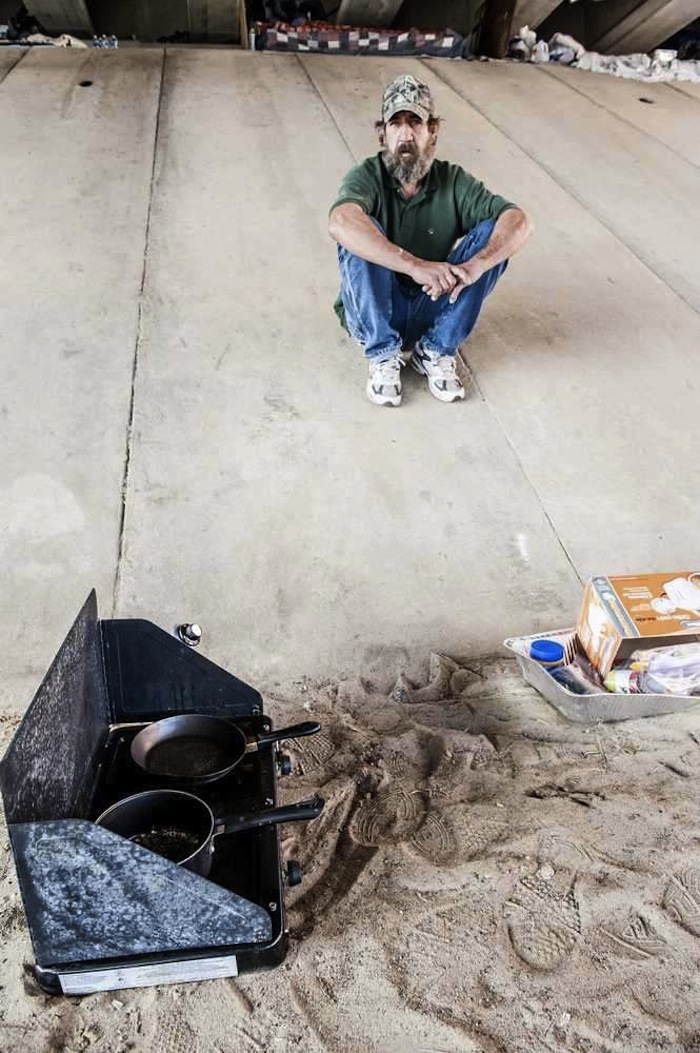Under the Overpass
Justin Ryals
“For you know the grace of our Lord Jesus Christ, that though he was rich, yet for your sake he became poor.” (2 Cor 8:9)
Mike Yankoski’s Under the Overpass recounts the story of how he radically took these words to heart, taking the reader on quite a journey. It is the tale of the experience of an upper-middle-class young man who has an existential crisis of sorts. After hearing a sermon on the necessity that Christian action match confession, manifesting itself in truly caring for a needy world, he was powerfully struck with a crisis of whether his faith in Christ was weighty enough to genuinely identify with the poor in their suffering. An idea began to form in his mind that compelled him on a journey deep into the existential reality of the poor among us: he became homeless. For five months, along with a friend who decided to take the journey with him, he wandered the streets of several of America’s cities with no place to call home and no idea where his next meal was going to come from. While Yankoski might not exactly be an excellent writer (he’s a young guy), and the dialogue between him and his companion sometimes leaves something to be desired, in the end the idea acted out and some of the experiences he has are so compelling that one can’t help but be affected.
The book is a journal-like account of his experiences on this inglorious adventure into the sewers of America. Though he runs into a lot of interesting, and sometimes disturbing, characters, the picture that emerges is not at all pretty. The world from this perspective looks altogether different, with different priorities and concerns. The reader is hit strongly by the impression that the homeless don’t quite have the status of human beings in the consciousness of America, whether Christian or otherwise. It’s the underbelly of civilized reality we’re all tacitly aware of, but which seldom registers for long in our living consciousness (fleeing with rapid speed as soon as the traffic light turns green).
The essential message of the book is that Yonkoski’s experience is extremely dehumanizing, which is the common lot of his fellow sufferers who have sunk still further. But Jesus entered into the suffering of the lowest of the low, and the church needs to follow Him there. To be sure, the world is big, with many problems and battles to be fought in various arenas of life. But as the apostles summon, “They only asked us to remember the poor” (Gal 2:10). It’s amazing how many of the destitute have ears to hear the good news of Christ’s death for the sinful and broken. The vacuous thoughts and concerns of middle-class consumer culture drift away like mist in this context because they are familiar with the abyss of this fallen world—the need for the gospel is not theoretical but palpable in this context. But for my sake, does my present rhetoric have meaning if the result is not faith working itself out in love towards the poor? When we see the poor, are we like those who have eyes but do not see that we look as in a mirror at our own spiritual condition? Do we not know wherein true poverty and true riches lie?
